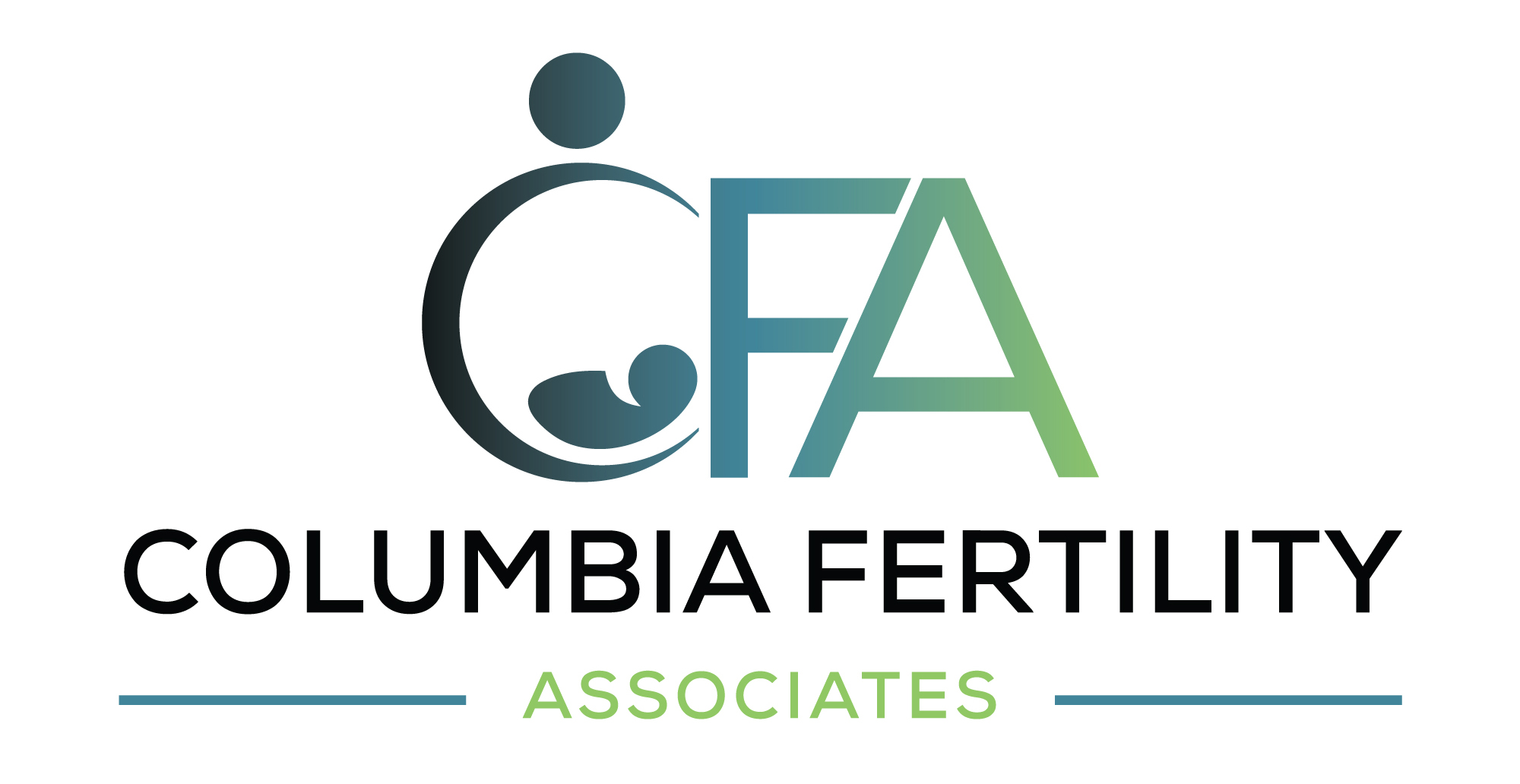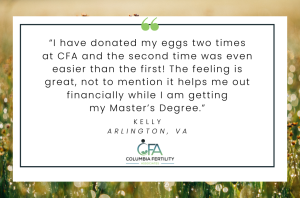Even though up to 20% of known pregnancies end in miscarriage, most people aren’t comfortable talking about them. In a 2018 article for the British publication, The Telegraph, Michelle Obama opened up about her own miscarriage, her belief that she’d somehow “failed,” and how she didn’t realize at the time how common miscarriages actually are.
The experts at Columbia Fertility Associates understand that you may feel isolated and profoundly sad after a miscarriage, and may even wrongly blame yourself for the loss. Here are some of the common myths associated with miscarriage and the facts that can help you deal with your grief.
Myth: Having a miscarriage isn’t the same as losing a child
Fact: Many mothers and fathers start to bond with a baby as soon as they know it’s been conceived. Whether you became pregnant the first time you tried or whether your pregnancy took months or even years, getting the news that you’re having a child inspires joy, excitement, and optimism about the future.
Losing the future you’ve imagined and your connection with the developing child can be devastating. Those around you may not understand the depth of your grief, especially if the loss was early in your pregnancy. Up to 75% of women who had miscarriages said that they didn’t get the support they needed from family and friends.
A miscarriage is a significant loss, and you have the right to treat it as such. Don’t delay getting help if you feel yourself battling ongoing sadness and depression.
Myth: You could have prevented the miscarriage
Fact: Having sex, exercising, or eating the “wrong” things doesn’t raise your risk for miscarriage. In 70% of cases, a fetus spontaneously aborts because it has chromosomal defects. A healthy lifestyle keeps you and your baby healthy, but can’t prevent miscarriage if your baby has chromosomal abnormalities.
However, using recreational drugs or smoking may increase your risk for miscarriage. Let us know if you want to be referred to a smoking-cessation program or if you need help with substance abuse.
Myth: Getting pregnant again negates the loss of the miscarried baby
Fact: Many women continue to feel depressed about a miscarriage or stillbirth even after they’ve had a healthy baby. If you’re still feeling sad about the miscarriage months after you experienced it, tell your doctor so they can refer you to a grief counselor or other therapist who can teach you techniques to cope with the stress of loss.
Myth: You have to wait 3 months before getting pregnant again
Fact: Approximately 99% of women who have miscarriages go on to give birth to healthy babies later. Your body may be physically ready to conceive again in as little as two weeks after the miscarriage. We recommend abstaining from sex during the two weeks directly after a miscarriage though, because you’re at greater risk for infection during that period.
You may also want to wait before trying to get pregnant again, just because you and your partner may need time to process the loss. If you’ve had more than one miscarriage, we may recommend chromosomal tests, blood work, and other tests to give you the best chance of carrying your next baby to term.
If you’ve had one or more miscarriages and want to become pregnant again, reach out to us for fertility counseling or testing today. Call our nearest office (either in Washington, DC; Bethesda, Maryland; or Arlington, Virginia) or use the online form at the bottom of this page to send us a message.








